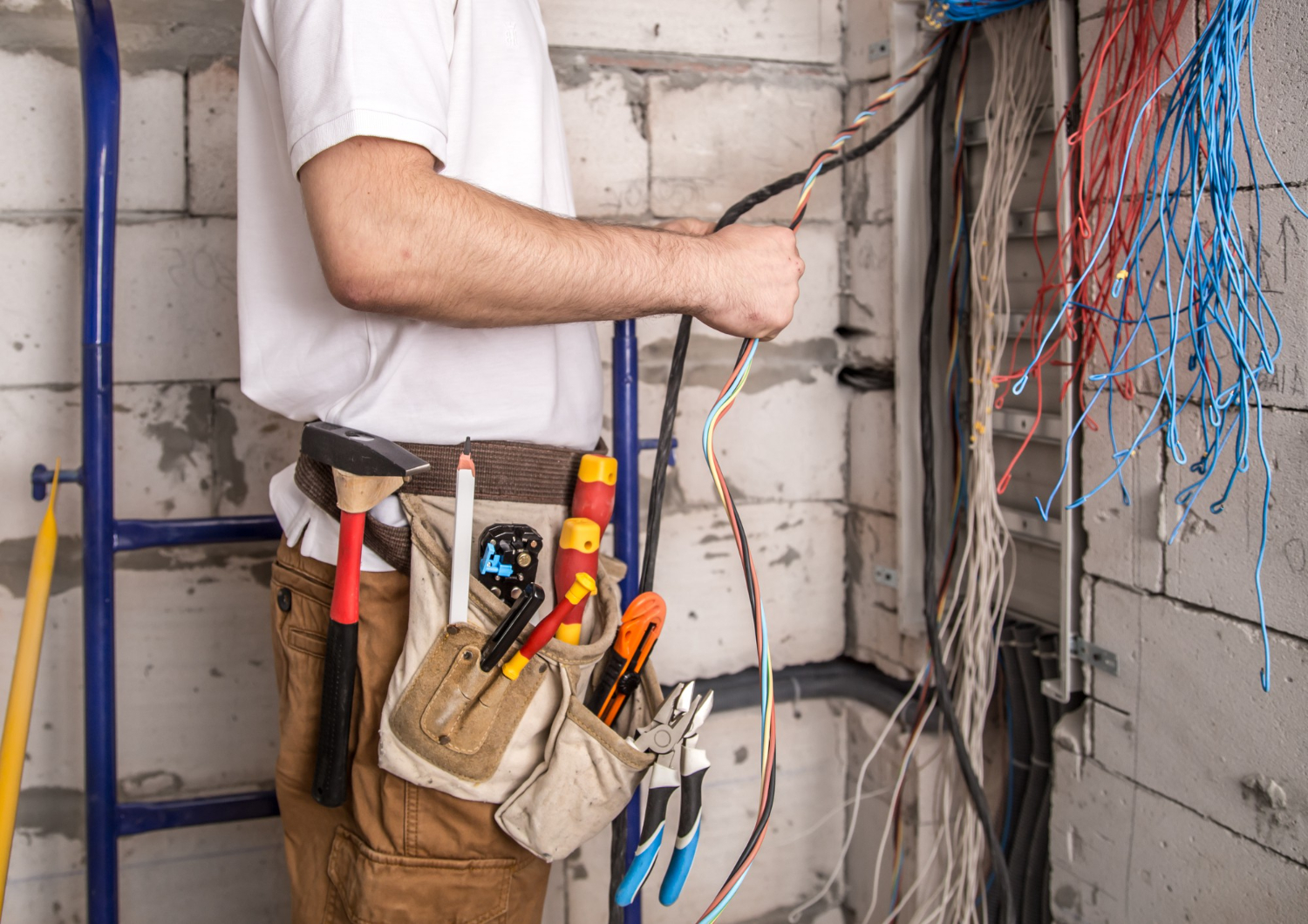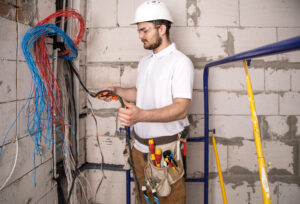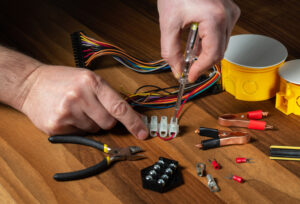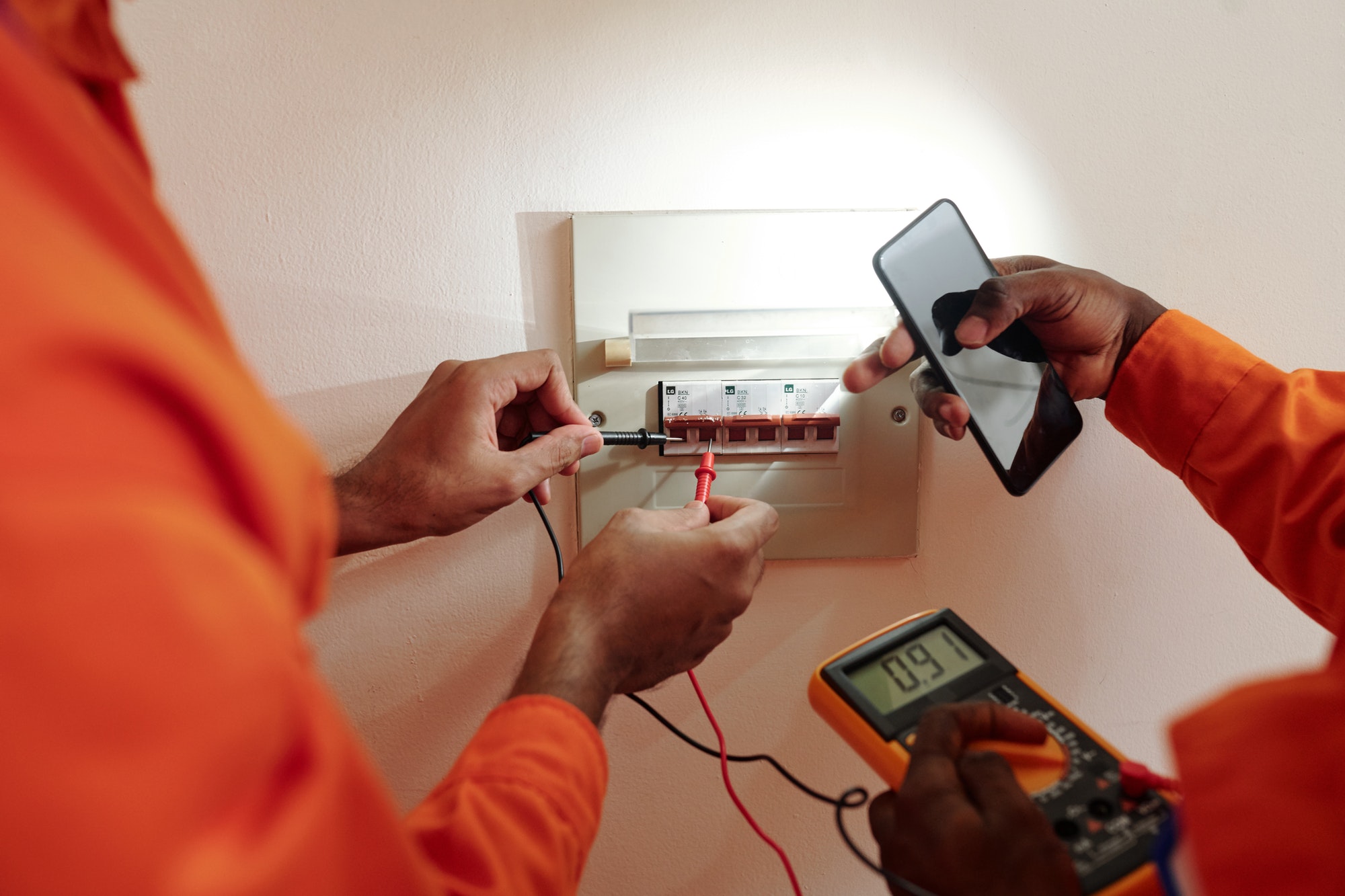After house rewiring is completed, it’s crucial to maintain electrical safety to ensure the continued functionality and reliability of your electrical system. Here are some important steps to take to maintain electrical safety after house rewiring:
1. Schedule Regular Inspections
Arrange for periodic inspections of your electrical system by a qualified electrician to check for any signs of wear, damage, or deterioration. Regular inspections can help identify potential issues early and prevent electrical hazards.
2. Test Ground Fault Circuit Interrupters (GFCIs) and Arc Fault Circuit Interrupters (AFCIs)
Test GFCIs and AFCIs regularly to ensure they are functioning correctly. These devices provide additional protection against electric shocks and fires by detecting ground faults and arc faults and interrupting the circuit.
3. Replace Outdated or Damaged Outlets and Switches
Inspect outlets, switches, and other electrical fixtures for signs of damage, wear, or aging. Replace any outdated or damaged components to prevent electrical hazards and ensure proper functionality.
4. Avoid Overloading Circuits
Be mindful of the electrical load on your circuits and avoid overloading them with too many devices or appliances. Spread out electrical loads across multiple circuits to prevent overheating and potential fire hazards.
5. Use Surge Protectors
Install surge protectors on sensitive electronic devices and appliances to protect them from voltage spikes and power surges. Surge protectors can help extend the lifespan of your equipment and prevent damage caused by electrical fluctuations.
6. Keep Electrical Panels Accessible
Ensure that your electrical panel is easily accessible in case of emergencies or maintenance needs. Keep the area around the panel clear of clutter and obstructions to allow for safe operation and quick access.
7. Educate Household Members
Educate household members about electrical safety practices, including how to use electrical devices and appliances safely, how to respond to electrical emergencies, and when to seek professional assistance for electrical issues.
8. Address Electrical Issues Promptly
If you notice any signs of electrical problems, such as flickering lights, burning smells, or tripped breakers, address them promptly. Do not attempt to DIY electrical repairs unless you have the necessary knowledge and experience.
9. Update Lighting to LED
Consider upgrading your lighting to energy-efficient LED bulbs, which produce less heat and reduce the risk of fire hazards compared to traditional incandescent bulbs. LED bulbs also last longer and consume less energy, saving you money in the long run.
10. Maintain Good Electrical Practices
Practice good electrical habits, such as unplugging unused devices, avoiding the use of extension cords as permanent wiring solutions, and keeping electrical cords away from water sources and heat sources.
Conclusion
Maintaining electrical safety after house rewiring is essential for protecting your home, family, and belongings from electrical hazards. By scheduling regular inspections, testing safety devices, replacing outdated components, and practicing good electrical habits, you can ensure that your electrical system remains safe, reliable, and functional for years to come. If you have any concerns or questions about electrical safety, don’t hesitate to contact a qualified electrician for assistance.







